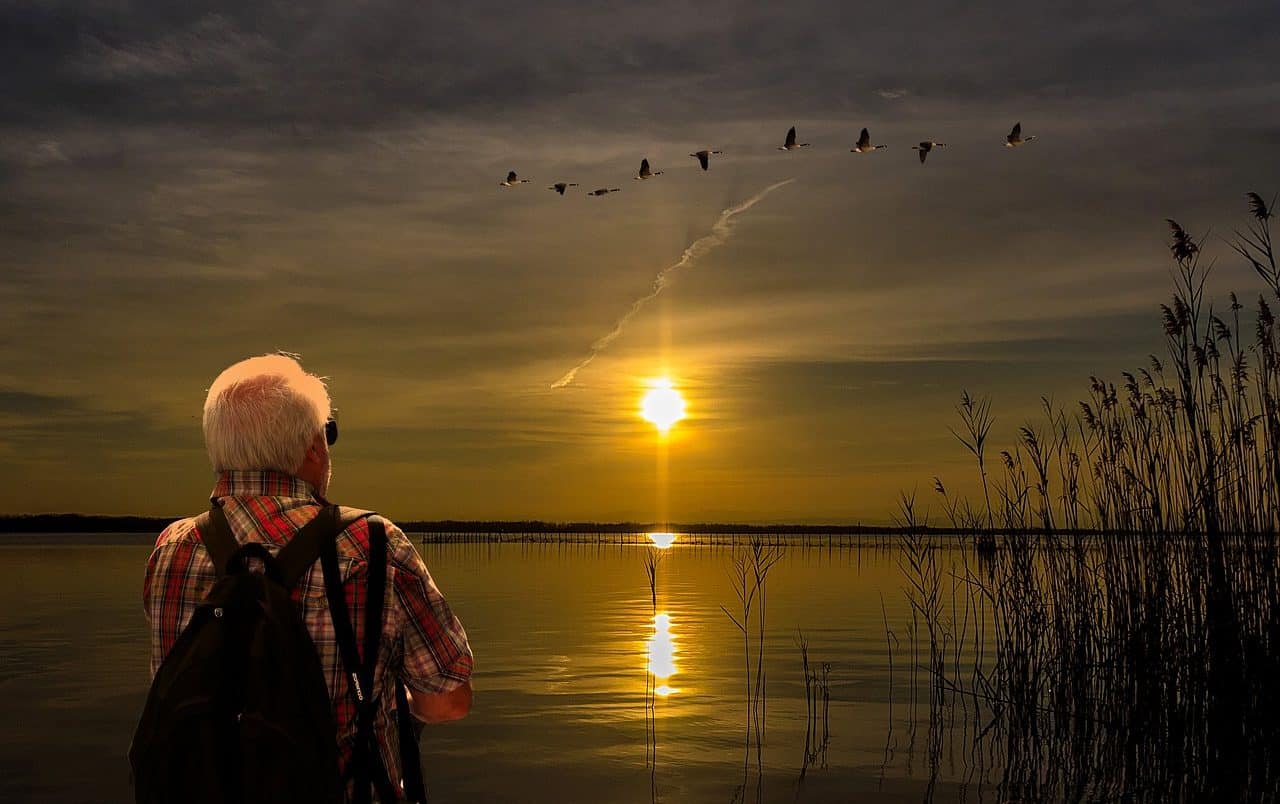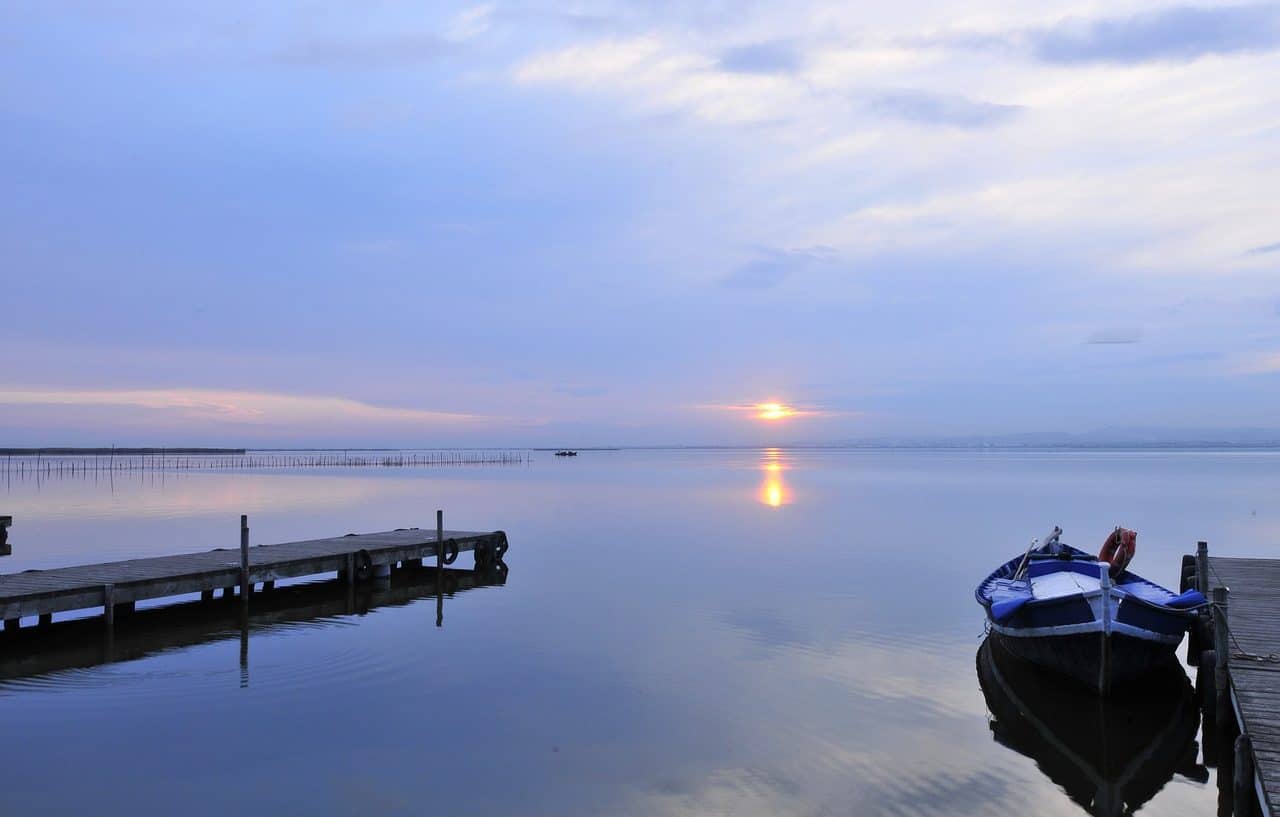
A lagoon is a lagoon with salty or brackish water that is located on the coast.
A lagoon is a lagoon that is located on a coastline and has salty or brackish water . The lagoons are separated from the ocean by a more or less wide strip of sand, although it remains connected to the sea in certain sectors.
Generally, a lagoon - whose etymology refers to the Greek language - is formed from a silting process, which implies that various sediments accumulate over the years. When silting takes place in a bay , fluvial or marine sediments can lead to the development of a lagoon.
Synonyms and foreign terms
As with most technical terms, since this type of coastal geographical feature can be seen in many parts of the planet, it also receives various names, depending on the country and language. Regarding the word albufera , it is important to note that it is used almost exclusively on Spanish soil.
Some of the alternative names, set out below, have certain conceptual differences, so it is recommended to take them into account and not assume that all terms are interchangeable. In fact, many of them have been incorporated into our language to be able to describe accidents with their particularities.
The word ayre , for example, is used in Scotland and refers to a small lagoon that is not completely united to the sea, but is separated from it by means of a sedimentary feature called a tombolo , which may be a bar that It produces a narrow tongue of land that is located between the mainland and a rock or island away from the coast , between two rocks or in the middle of two islands.
On the other hand, we have the concept of barachois , used in Canada to define a body of brackish water that is not connected to the sea, since between them there is a space of land, gravel pits or sand . Its resemblance to the lagoon is considerable.
In the Baltic Sea , bodden is used to define certain brackish estuarine lagoons. The word estero , widely used in Latin America , refers to swampy lagoons; In Spain it refers to those lagoons that are used as salt mines.
Then we can find the French word étang , which is used on the Mediterranean coast as a synonym for lagoon or pond, although from a geomorphological point of view it is equivalent to lagoon.
In English-speaking countries, the word lagoon is used, which is used for any type of lagoon that is separated from the ocean , regardless of whether it is divided by a coastline , a sandbar or a barrier island. The versatility of this term is notable, as it is also used to describe lagoons found within atolls and coral reefs.
The list extends further, and among the various synonyms are lagoon (used on the coast of Italy), liman (in Ukraine and Russia), and sabkha (in some Arab countries).

The Albufera de Valencia is part of a natural park.
Examples of lagoons
The Mallorca lagoon is an example of these lagoons. Located in the Balearic Islands , a series of dunes separate the lagoon from the sea. This lagoon is protected by a natural park of just over 1,700 hectares.
Also in Spain, the Valencia lagoon stands out, known simply as La albufera . In this case, the natural park created around the lagoon extends for 21,000 hectares.
There are lagoons that are known by another name, such as the Mar Chiquita lagoon in the Province of Buenos Aires ( Argentina ). UNESCO declared this lagoon a World Biosphere Reserve .
